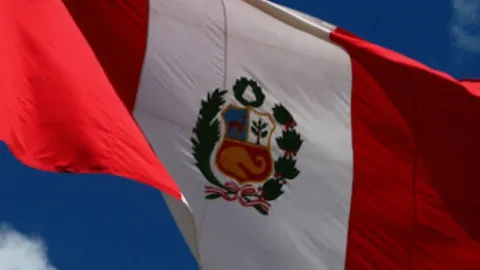Why Can't Arbitration Go Faster? The ICDR Brings Expedited to International
July 19, 2014

In a case my business had a few years ago, the parties' contract specified expedited procedures under the AAA's Commercial Arbitration Rules. Immediately after the request for arbitration had been filed, the case manager of the ICDR, the AAA's international branch, sent the parties a letter to warn us about this.(1)
She pointed out that the AAA's expedited procedures were designed for domestic cases of less than USD 75,000, and required the entire proceeding to be concluded within 60 days of the appointment of a sole arbitrator.
Plainly, there was a mismatch with the dispute that had arisen. Our case was international and involved significant issues of fact and law, was for several million dollars, and our contract called for three arbitrators.
She politely suggested we agree to waive the expedited procedure.
No, both sides responded, we would not. But we did insist on the appointment of highly experienced arbitrators who would agree to the time limitation. The ICDR obliged our request.
Since both sides wanted to move quickly and had arbitrators who accepted this, it did not surprise us that we were able to conclude our arbitration within the specified time (albeit briefly extended to accommodate a change in the hearing date following the sudden illness of one counsel). What did come as a surprise, however, was that we never felt we had to take shortcuts on procedure.
This was not an "arbitration lite". We engaged in full document disclosure (with the tribunal issuing sanctions against one party for a lapse), had exchanges of robust submissions and replies, provided witness statements and expert reports, and briefed the tribunal on what the applicable law should be. There was also a two-day evidentiary hearing. In compliance with the expedited rules, the arbitrators issued their award 14 days later.
ICDR introduces Expedited Procedure in its revised International Arbitration Rules
And now the ICDR is itself taking a step in the direction of speed by including an expedited procedure within its new International Arbitration Rules, which debuted this summer. The jurisdictional limit is USD 250,000, ie, much higher than the AAA's Commercial Rules, but still low for international arbitration.
Of course, the parties do not have to limit themselves to the ICDR's jurisdictional value. As had happened in our case, parties can agree to have the procedures apply to disputes of any size.
The rules do contain some prescriptions to enable speed, and which renders them similar to those in the AAA's Commercial Arbitration Rules.
A single arbitrator appointed using ICDR's list selection process;Robust initial submissions. Both the Notice and Answer-Counterclaim shall include "all of the evidence then available on which such party intends to rely";
Evidentiary hearing within 60 days of the procedural order or, for disputes of less than USD 100,000, an award on documents only, without an evidentiary hearing; and
Award due within 30 days after the close of hearing.
Speaking from our one experience discussed above, the time frame provided in the ICDR's expedited rules seems feasible for disputes involving a relatively limited number of issues to be decided, regardless of their monetary value. If parties believe they will need to move quickly, they may want to assess including the ICDR's or a similar expedited procedure as the default arbitration in their contract's dispute resolution clause.
(1) The AAA has traditionally forwarded disputes with an international dimension to the case management team of the ICDR, even where parties have specified arbitration under the AAA's arbitration rules.
 New expedited rules from the ICDR, for those who need to get to a result sooner
New expedited rules from the ICDR, for those who need to get to a result sooner
You may also like












A_Layman
Is there a distinction to be made between "expedited procedure" and "the Expedited Procedure"?
A_Layman
Thank you, Michael. I had in mind also that an arbitration ad hoc - in the arbitral sense of without an institution - might be organised without the extended delays of an institutional framework. Having said that an arbitration ad hoc in the other sense - i.e. after the dispute has arisen with no prior agreement - may have as expedited a process as the parties wish.